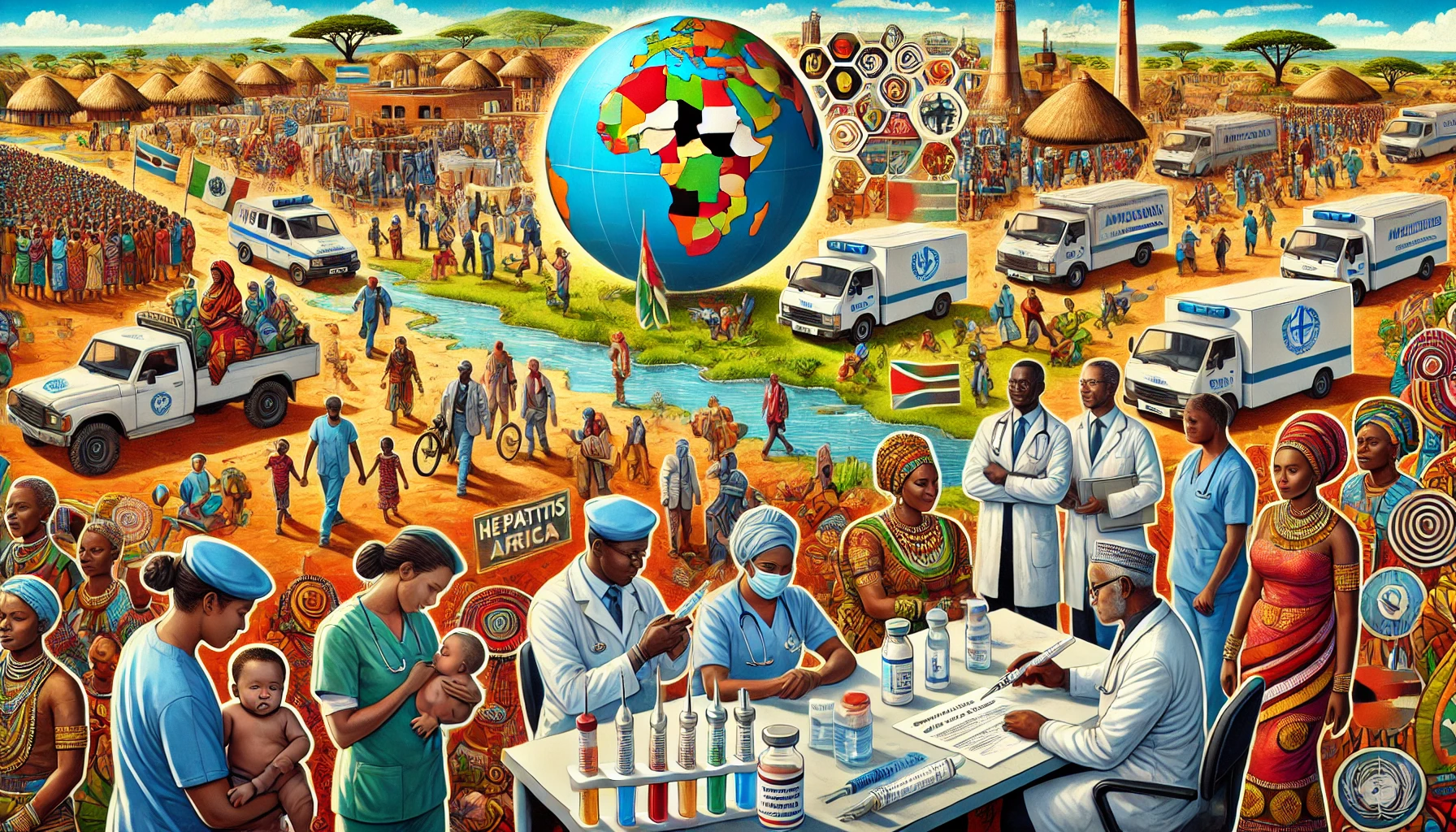Leaders from landlocked developing countries (LLDCs) will gather in Gaborone, Botswana, from December 10-13, 2024, to address their unique challenges, explore innovative solutions, and forge strategic partnerships aimed at fostering a more equitable and prosperous future. The Third UN Conference on Landlocked Developing Countries, or LLDC3, will focus on unlocking the full potential of these nations.
LLDCs are countries without direct access to the sea, which impedes their ability to engage in international trade, connectivity, and economic development. According to the UN Office for the High Representative for Least Developed Countries, Landlocked Developing Countries, and Small Island Developing States (OHRLLS), the average distance of LLDCs to the nearest seaport is about 851 miles. This geographical isolation leads to higher transportation costs—twice that of their coastal neighbors—and delays in the movement of goods, often leaving them vulnerable to political and economic instability in transit countries.
Currently, there are 32 LLDCs across Asia, Africa, Europe, and South America, including countries such as Afghanistan, Botswana, Ethiopia, and Paraguay. These nations face significant economic challenges, including reduced foreign direct investment, limited export opportunities, and slower economic growth. Notably, about 40% of LLDC populations live in slums, and nearly half of these countries experience severe food crises. Additionally, the average annual income of working populations in LLDCs is significantly lower than the global average.
The LLDC conferences began in 2003 with the Almaty Conference in Kazakhstan, which established the LLDC agenda focused on improving transit cooperation and trade facilitation. This was followed by the 2014 Vienna Conference, which reviewed progress and developed the Vienna Programme of Action. The upcoming Gaborone conference will be the first LLDC event held in Africa and will center on the theme "Driving Progress through Partnerships."
Under-Secretary-General and High Representative for LLDCs, Rabab Fatima, emphasized the importance of partnerships in overcoming the inherent challenges faced by LLDCs. “By collaborating with international organizations, the private sector, and neighboring countries, LLDCs can develop integrated transportation networks, enhance trade, and achieve sustainable development,” she said.
Botswana’s Permanent Representative to the UN for LLDC3, Gladys Mokhawa, called the conference a “historic moment,” highlighting Botswana's readiness to host and shape a transformative decade for LLDCs. The UN Resident Coordinator in Botswana, Zia Choudhury, expressed hope that the conference would lead to the creation of the Gaborone Programme of Action—a 10-year plan to address the structural challenges faced by LLDCs.
The conference aims to bring together a diverse range of stakeholders, from government officials to youth organizations, to ensure a comprehensive approach to tackling LLDC challenges. Choudhury encouraged the young people of Botswana to engage actively with the targets set by the conference and hold governments accountable for implementing the plan.
As the conference approaches, there is optimism that it will highlight the significant contributions LLDCs can make to global development and foster a renewed sense of commitment to their growth and prosperity.











